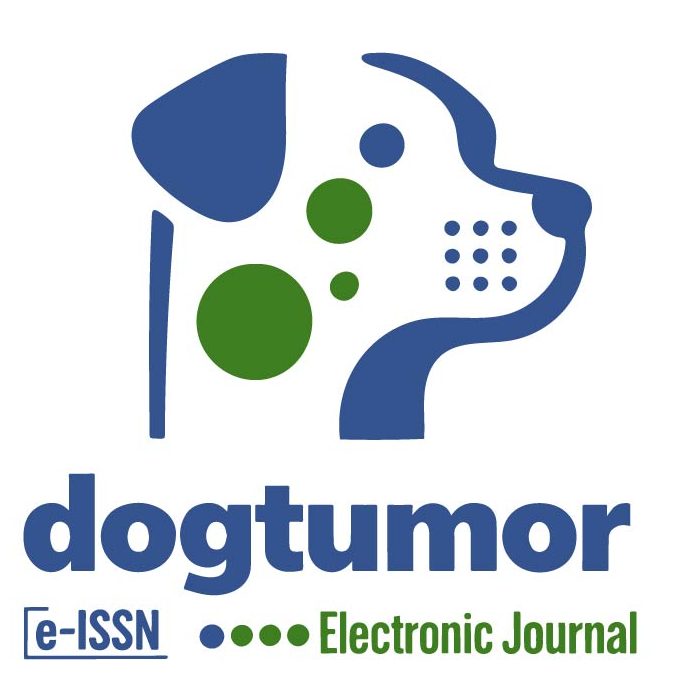Dog Cancer Treatments: Exclusive Must-Have Integrative Advances 2022
Dog cancer treatments have seen remarkable progress in recent years, with 2022 marking a significant leap forward in integrative care approaches. These advances combine traditional veterinary oncology with complementary therapies, offering pet owners and veterinarians new hope for managing this challenging disease. As cancer remains one of the leading causes of death in dogs, understanding the latest integrative methods can improve quality of life and potentially extend survival times.
Understanding the Landscape of Dog Cancer Treatments
Cancer in dogs manifests in various forms, such as lymphoma, mast cell tumors, osteosarcoma, and hemangiosarcoma, among others. Conventional treatment modalities often center on surgery, chemotherapy, and radiation therapy. However, while effective, these methods can sometimes lead to adverse side effects, and not all cancers respond equally well.
The evolving field of integrative oncology aims to blend conventional treatments with supportive therapies that enhance body function, reduce inflammation, and bolster the immune system. This holistic mindset treats the dog as a whole, not just the tumor, focusing on maintaining overall health alongside targeting cancer cells.
Must-Have Integrative Advances in Dog Cancer Treatments 2022
In 2022, several integrative advances have emerged as must-haves for those seeking comprehensive care for dogs battling cancer. These innovations prioritize evidence-based support and aim to personalize treatment plans for optimal results.
1. Personalized Immunotherapy
One of the most promising developments is personalized immunotherapy. Unlike traditional chemo that kills rapidly dividing cells indiscriminately, immunotherapy harnesses the dog’s own immune system to specifically attack cancer cells. Recent advances in identifying tumor-specific antigens have enabled vaccines and immune checkpoint inhibitors tailored to individual dogs.
For example, monoclonal antibody therapies targeting unique tumor markers have become more accessible in veterinary medicine. These treatments reduce side effects and improve response rates compared to older therapies. Integrating immunotherapy not only targets cancer but also preserves the dog’s general well-being.
2. Nutritional Oncology and Anti-Inflammatory Diets
Nutrition plays a pivotal role in supporting dogs undergoing cancer treatment. New research in nutritional oncology has highlighted the benefits of anti-inflammatory diets rich in omega-3 fatty acids, antioxidants, and phytochemicals. These components can help modulate immune responses and decrease systemic inflammation, which is often elevated in cancer patients.
Veterinarians now recommend diets tailored to the canine cancer type, incorporating supplements like fish oil, turmeric, and medicinal mushrooms. Such diets complement traditional therapies, improve gut health, and mitigate chemotherapy-induced side effects such as nausea and loss of appetite.
3. Integrative Herbal and Botanical Support
Herbal medicine is gaining ground as an adjunct to cancer therapy. In 2022, exclusive formulations of botanicals with scientifically backed anticancer properties are becoming standard in integrative oncology clinics. Compounds like curcumin, green tea polyphenols, and medicinal mushrooms such as Reishi and Turkey Tail have shown immune-modulating, anti-tumor, and antioxidant effects in canine studies.
These natural agents, when carefully selected and dosed, can reduce tumor progression and enhance the effectiveness of chemotherapy or radiation with fewer adverse events. Collaboration between veterinary oncologists and herbalists ensures safe integration.
4. Advanced Imaging and Precision Diagnostics
Accurate diagnosis and staging are critical for effective treatment. Modern imaging modalities like PET-CT scans, MRI, and ultrasound advancements offer clearer visualization of cancer spread. Resolution improvements available in 2022 also assist in minimally invasive biopsies that preserve tissue integrity.
Furthermore, liquid biopsies—tests detecting circulating tumor DNA in blood—are emerging as non-invasive diagnostics. They enable earlier detection, real-time monitoring of treatment response, and customized adjustments to therapy plans.
5. Supportive Therapies: Acupuncture and Physical Rehabilitation
Managing cancer-associated symptoms and enhancing quality of life has never been more refined. Acupuncture is increasingly integrated into treatment regimens, providing pain relief, reducing nausea, and improving neurological function in afflicted dogs.
Physical rehabilitation and tailored exercise programs reduce muscle wasting and improve mobility, fostering faster recovery post-surgery or during chemotherapy cycles. These modalities elevate overall patient wellness and help pets maintain vitality throughout treatment.
The Future of Dog Cancer Treatments: A Synergistic Approach
The integrative advances of 2022 underscore the importance of combining multiple therapies to address the complex nature of cancer in dogs. The future lies in combining the best of scientific knowledge, holistic care, and technological innovation to create personalized care plans.
With ongoing clinical trials, veterinary oncology is poised to unlock even greater breakthroughs, including genetic therapies and nanotechnology-based drug delivery systems. Meanwhile, pet owners should seek veterinary practices that embrace a multidisciplinary approach, ensuring their dogs receive comprehensive, compassionate, and cutting-edge treatments.
Final Thoughts
Incorporating these exclusive, must-have integrative advances in dog cancer treatments can revolutionize care paradigms for canine patients. By focusing on the whole body, leveraging personalized immunotherapy, optimizing nutrition, utilizing herbal supplements, and integrating supportive therapies, the battle against dog cancer becomes more hopeful and manageable.
For owners and veterinarians alike, staying informed about the latest innovations allows for better decision-making and improved outcomes. Dogs facing cancer deserve the best that modern veterinary science can offer—and 2022’s integrative approaches provide a powerful step forward in this vital journey.
